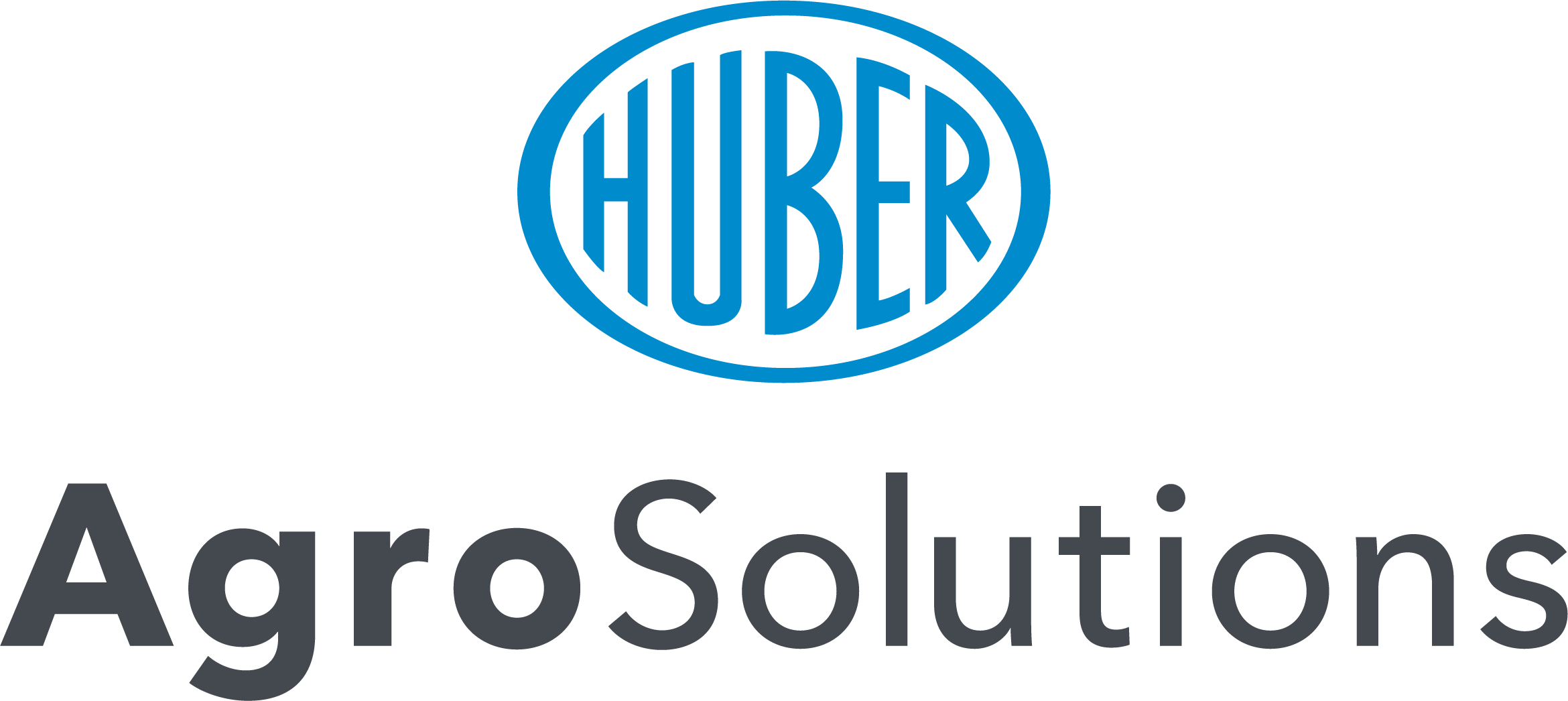PLANT-DERIVED FOLIAR BIOSTIMULANT
What is it?
ILSAC-ON is an innovative natural biostimulant rich in the enzymatic hydrolysate of Fabaceae, natural Triacontanol and other vegetal compounds with a biostimulant action. The biostimulant acts as a natural hormonal-like product and is characterized by intense biological activity.
What does it do?
ILSAC-ON influences several metabolic processes of the plants, as well as allows to achieve various benefits both for crops and farmers.
The biostimulant stimulates vegetative development, enhances photosynthesis and biosynthesis of metabolites, which are rapidly translocated to vegetative organs (fruits, buds, etc.). Therefore, it increases the sugar quantity in wine grapes, the oil quantity in olives and other oil crops, as well as improves the quality of the final yield. Furthermore, ILSAC-ON ensures a balance between vegetative development and fruits swelling. Besides, the biostimulant enhances the fast uptake and translocation of nutrients and water into the plant.
The benefits achieved from ILSAC-ON are due to the action of L. amino acids, natural Triacontanol and other plant extracts (characterized by a biostimulant action) that influence the activity of several enzymes involved in the metabolism of Carbon and the absorption and assimilation of Nitrogen. Accordingly, it increases nutritional efficiency allowing to obtain vigorous and healthy plants even if abiotic stress occurred (jump in temperatures, drought, salinity, high transpiration, etc.). In this way, plants can express the maximum of their potential genetic.
How to use it?
ILSAC-ON can be applied by a foliar application during the period of intense vegetative growth on fruit, tree and vegetable crops.
ILSAC-ON has a wide action range and perfect miscibility with all commercial formulations present in the market. Thanks to these features ILSAC-ON can be applied during the main phenological stage and mixed with all PPPs (pesticides, insecticides, etc.).
Chemical and physical features
- LIQUID BROWN COLOUR
- pH 5,5 ± 0,5
- DENSITY 1,15 ± 0,02 kg/dm3
- CONDUCTIVITY E.C. 1,50 ± 0,20 dS/m
COMPOSITION
- Total Aminoacids 5 %
- Free Aminoacids 1,5 %
- Natural Triacontanol (mg/kg) 10
- Hydrolysis degree 30 %
- Organic Carbon (C) 10 %
Contains in particular
- ENZYMATIC HYDROLYSATE OF FABACEAE
Characterising substances
- PLANT-DERIVED TRIACONTANOL, PLANT-DERIVED AMINO ACIDS, PLANT EXTRACTS WITH A HORMONE-LIKE ACTION
ACTIONS OF THE CHARACTERISING SUBSTANCES
| INCRASED YIELD AND FINAL QUALITY | STIMULATION OF PRIMARY AND SECONDARY METABOLISM | |
|---|---|---|
| PLANT-DERIVED TRIACONTANOL |

|

|
| PLANT-DERIVED AMINO ACIDS |

|

|
| PLANT EXTRACTS WITH A HORMONE-LIKE ACTION |

|

|
Doses and methods of use of the fertilizer
-
Cereals
-
All1,5-2 kg/haTillering-stem elongation
-
-
Fruit
-
Kiwi2-2,5 kg/ha2-4 applications every 10-15 days from 10-15 cm sprouts
-
Pomegranate2-32 kg/ha2-4 applications every 10-15 days from fruit enlargement
-
-
GrapeVine
-
All1,5-2,5 kg/ha3-4 applications, every 10-15 days, from pre-flowering
-
-
Greens and Nurseries
-
Ornamental and Floral Crops1 kg/ 1000-1500 m22-4 applications every 8-10 days in full vegetative development
-
Ornamental and Forest Nurseries1 kg/1000-1500 m22-4 applications every 8-10 days in full vegetative development
-
Professional Turf1 kg/1000-1500 m22-4 applications every 8-10 days in full vegetative development
-
-
Industrial Crops
-
Hop1,5-2 kg/haPre, Full and Post flowering
-
-
Legumes and potatoes
-
Potato1,5-2,5 kg/ha3-4 applications every 10-12 days from 10 days after transplanting
-
-
Pome fruits
-
All2-2,5 kg/ha2-4 applications every 10-15 days from 10-15 cm sprouts
-
-
Stone fruits
-
All2-2,5 kg/ha2-4 applications every 10-15 days from 10-15 cm sprouts
-
-
Vegetables
-
Eggplant1,5-2,5 kg/ha3-4 applications every 10-12 days from 10 days after transplanting
-
Melon1,5 - 2,5 kg/ha3-4 applications every 10-12 days from 10 days after transplanting
-
Pepper1,5-2,5 kg/ha3-4 applications every 10-12 days from 10 days after transplanting
-
Tomato1,5-2,5 kg/ha3-4 applications every 10-12 days from 10 days after transplanting
-
The dose indicated in the table has been calculated by taking into account an irrigation volume of about 500-600 litres of water per application. The doses shown should be considered as merely indicative and may vary according to pedoclimatic conditions and average yields expected.
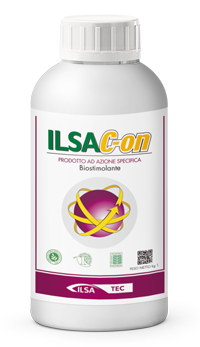











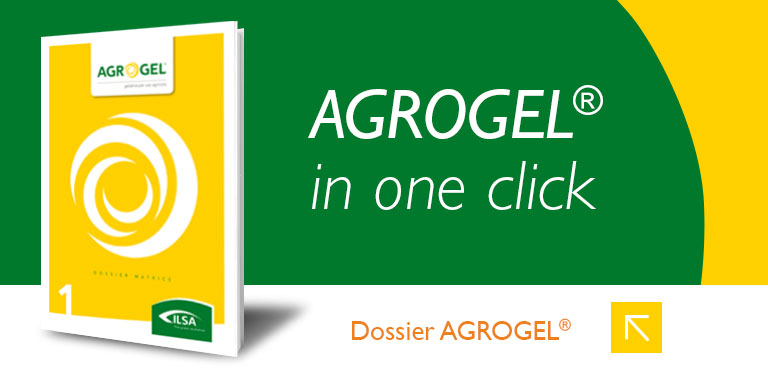
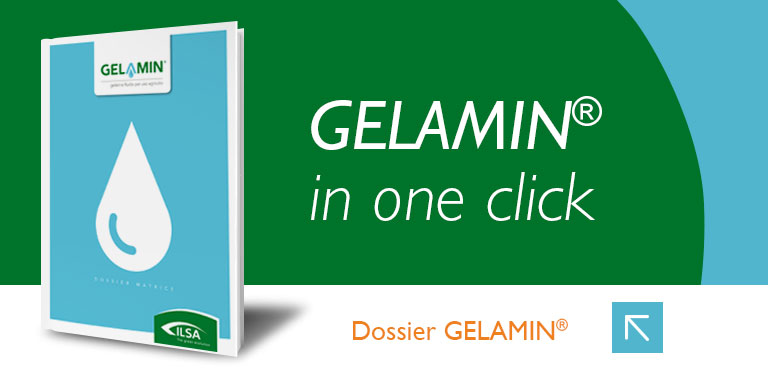
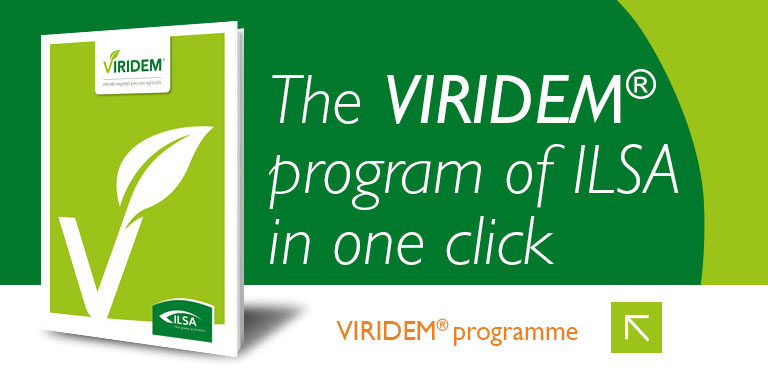

.png)















